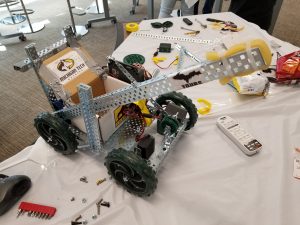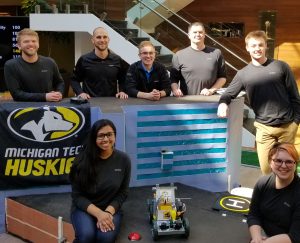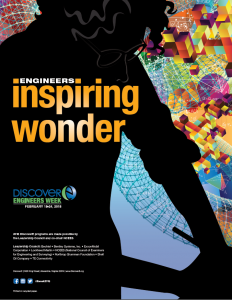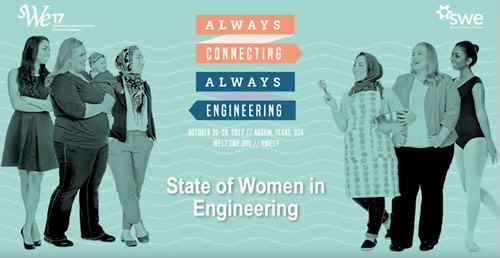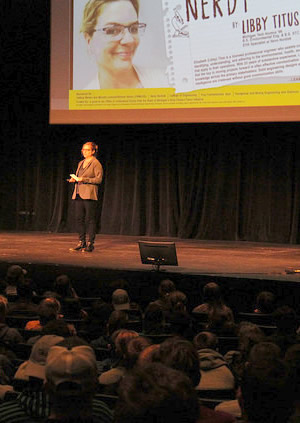Department of Civil and Environmental Engineering
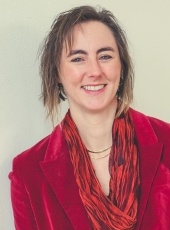
Melanie Kueber-Watkins, PhD
Melanie Kueber-Watkins joins the faculty of the Department of Civil and Environmental Engineering as a research assistant professor. She earned a PhD in Civil Engineering/Concrete Chemistry from Michigan Tech where she received the Graduate Student of the Year – Danielle Ladwig Award for Graduate Excellence in Tech’s Department of Civil and Environmental Engineering.
For the past three years she has taught civil engineering and concrete chemistry courses here at Michigan Tech. Kueber-Watkins has extensive civil engineering consulting experience with firms in the Upper Peninsula, Chicago and St. Louis.
Electrical and Computer Engineering
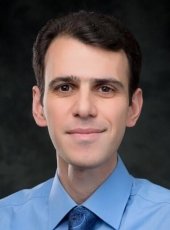
Aref Majdara, PhD
Aref Majdara joins the faculty of Electrical and Computer Engineering as a lecturer. He earned a PhD in Electrical Engineering from Michigan Tech and a PhD in Management and Science Technology from Tohoku University in Japan. In addition, he received a master’s of science in Nuclear Engineering from Shiraz University in Iran.
As a graduate student at Michigan Tech, Majdara received a Doctoral Finishing Fellowship, the Jonathan Bara Award for Outstanding Graduate Teaching Assistant in the Electrical and Computer Engineering Department and the Outstanding Graduate Student Teaching Award.
Engineering Fundamentals
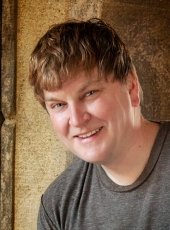
Kenneth Thiemann
Kenneth Thiemann joins the faculty of Engineering Fundamentals as an Instructor. He is currently a PhD candidate in Environmental Engineering at Michigan Tech. He earned his MS in Environmental Engineering with a concentration in water resources from Michigan Tech and Delft University in the Netherlands.
Thiemann has worked as an engineer in Michigan and Minnesota.
Geological and Mining Engineering and Sciences
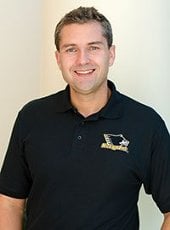
Nathan Manser, PhD
Nathan Manser joins the faculty of the Department of Geological and Mining Engineering and Sciences as a Lecturer. Manser earned his PhD in Environmental Engineering from the University of South Florida. He has previously served as an instructor at Michigan Tech in Geological Engineering, in the Pavlis Honors College, and the Departments of Civil and Environmental Engineering, and Engineering Fundamentals.
In industry, he has worked as a mine production and shipping systems supervisor for the Unimin Corporation in Minnesota and a mine systems engineer with Granate Construction Company in Arizona.
Mechanical Engineering-Engineering Mechanics
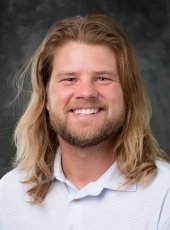
Cameron Hadden, PhD
Cameron Hadden joins the faculty at Michigan Tech as a lecturer in the Department of Mechanical Engineering-Engineering Mechanics. Hadden earned his PhD in Mechanical Engineering from Michigan Tech. He has served as a lecturer in the Departments of Mechanical Engineering-Engineering Mechanics and Engineering Fundamentals and was a student advisor in Materials Science and Engineering at Michigan Tech.
Hadden’s research interests including molecular modeling, design and manufacturing of composite materials, mechanical behavior of composite materials, nanomaterials, biomechanics, and finite elements.
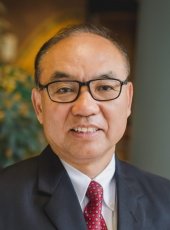
Steven Ma, PhD
Steven Ma Joins the faculty of Michigan Tech’s Department of Mechanical Engineering-Engineering Mechanics as a professor of practice. He earned his PhD in Mechanical and Aerospace Engineering from the State University of New York at Buffalo, with a concentration in Structural Dynamics. Ma also has an Executive MBA from Tsinghua University in China.
Before coming to Michigan Tech, Ma was an adjunct professor for more than 10 years at the University of Texas in Arlington. In addition, he has worked as an engineer for several firms including Kobelco, Atlas Copco, Parker Hannifin and Caterpillar Inc.
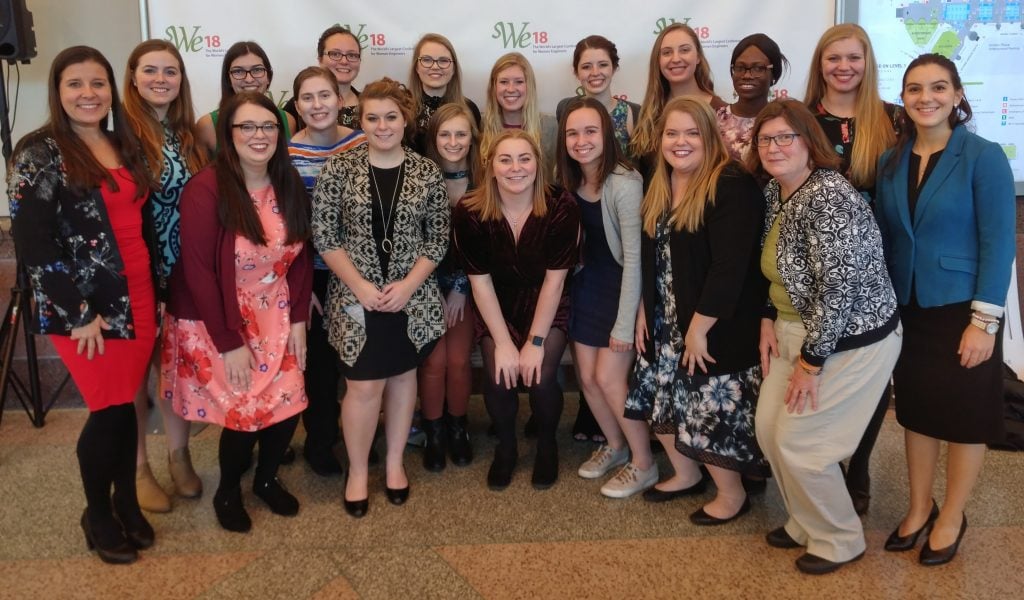
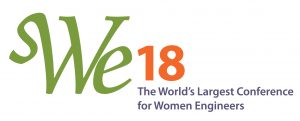
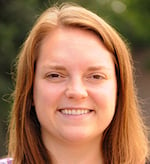
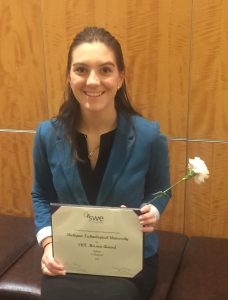
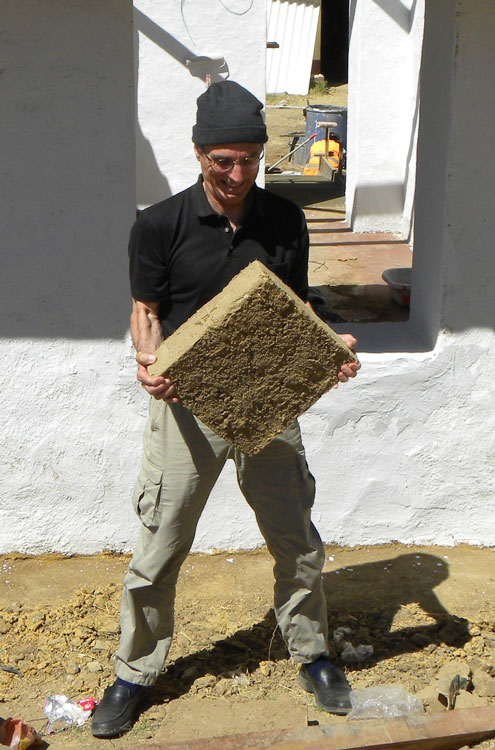

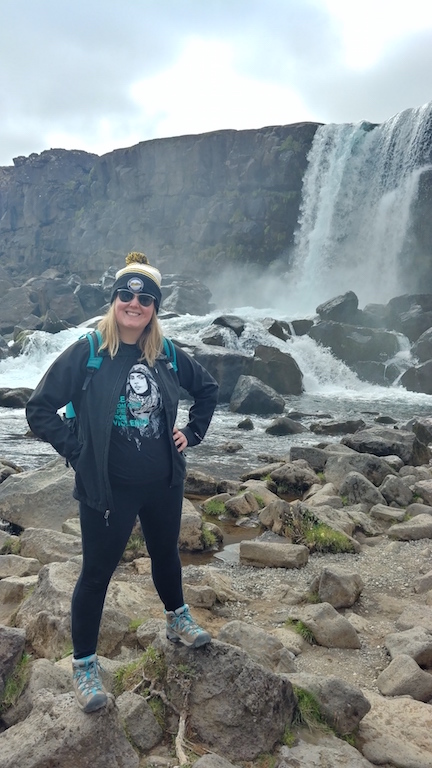
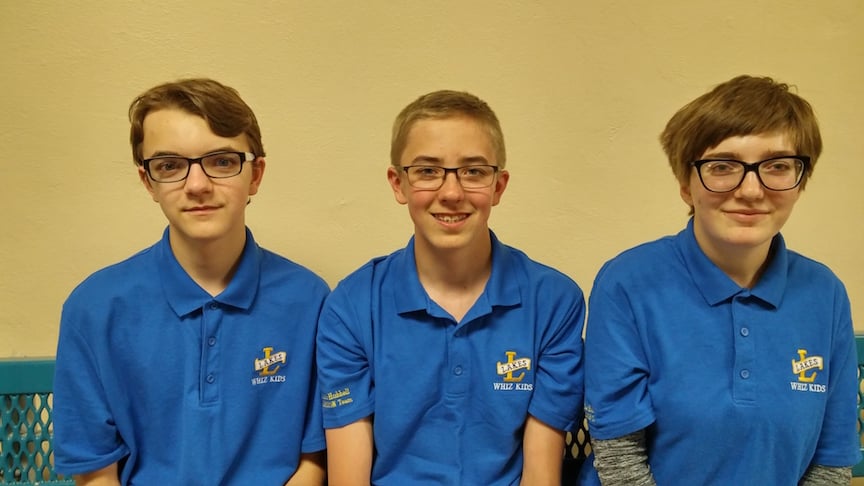
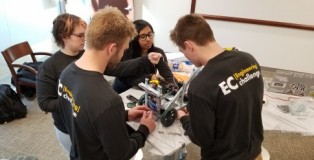 A team of
A team of 